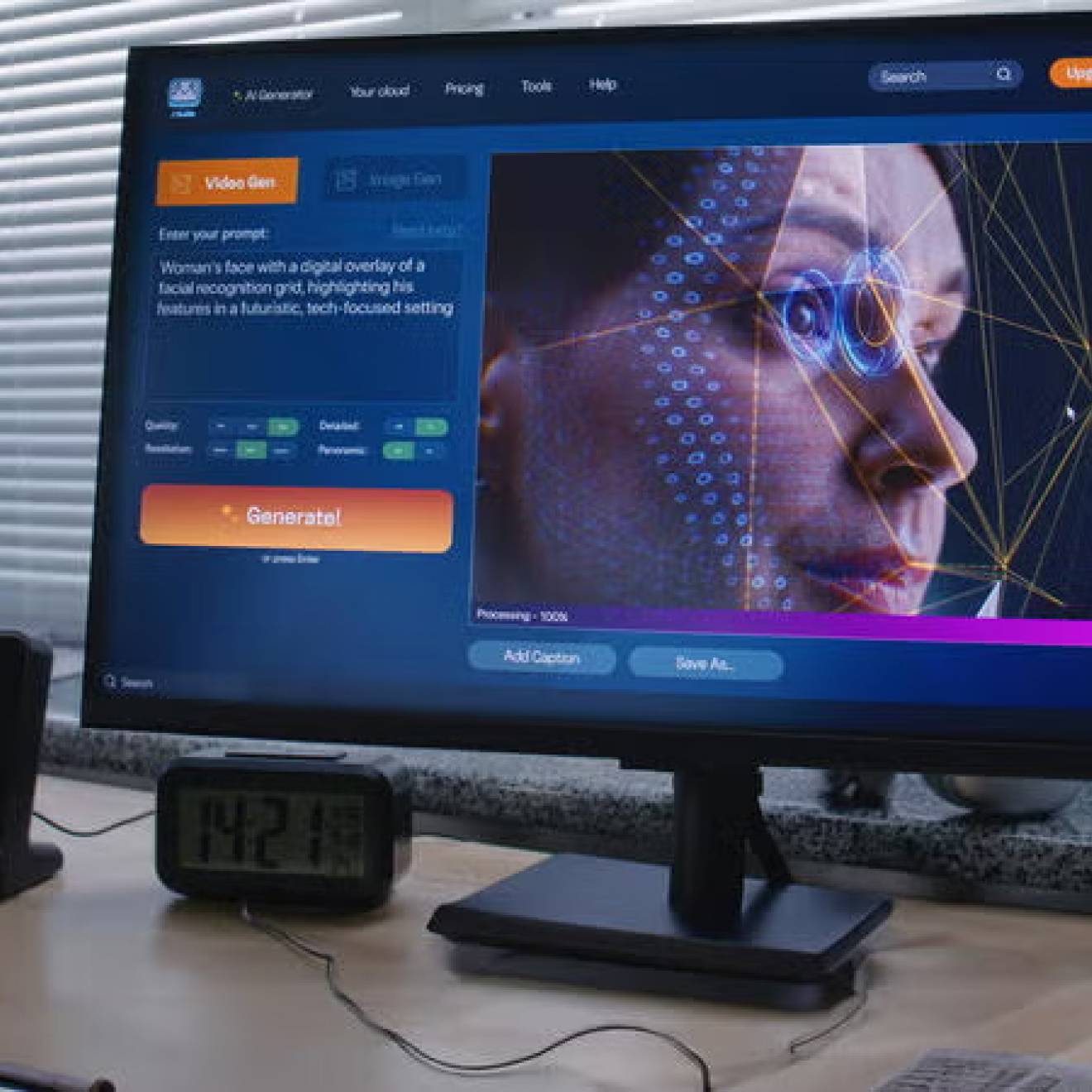Kirsten Mickelwait, UC Berkeley

Sergey Karayev (Ph.D.’14 CS) and computer science doctoral student Arjun Singh (B.S.’10 EECS) bonded over an “extremely painful” experience well-known to graduate student instructors everywhere: grading handwritten papers and exams. That led to the creation of Gradescope, a web-based application that’s transforming the lives of teachers by cutting grading time in half.
The pair, along with EECS robotics professor Pieter Abbeel, co-founded a company to launch Gradescope in 2014. Since its inception, 6.5 million answers have been graded by instructors of 800 courses at over 120 high schools, colleges and universities.
"Gradescope lessens the amount of time it takes to grade work while ensuring grading fairness and consistency throughout the evaluation process,” says Singh. “By creating a rubric, the instructor can catalog each student’s mistakes and re-use or modify the rubric for other assignments.”

Credit: Marla Aufmuth
The application adds up points — usually a tedious and error-prone task when done by hand — and manages the student review process, monitoring and streamlining the flow of work. The instructor is able provide clearer feedback, with specific reasons for lost points.
With its data analytics, Gradescope allows the instructor to modify future assignments. “You can track how many students each rubric was applied to,” Singh says, “and decide what to emphasize in class based on the results.”
So far, the technology allows for two grading modes: one for exams and one for homework. Using the app also allows students to submit homework assignments directly through scanners or smartphones.
From personal solution to widespread demand
Singh first met Abbeel while assisting with robotics research in 2008 as an undergraduate, and he then resumed the research as a graduate student. In the spring of 2012, between midterms and finals, Singh, Abbeel and Ibrahim Awwal (B.S.’12 EECS) created a prototype of a web application for grading paper-based assignments. Called Pandagrader, it quickly gained popularity on the Berkeley campus and soon spread to MIT and Stanford.
During summer break in 2014, Singh and Karayev — who had met as GSI’s in Abbeel’s artificial intelligence course, CS 188 — worked full-time on improving the application, renaming it Gradescope. “We built this app to solve our own problems,” says Karayev. “We had no intention of marketing it. But soon there were too many courses using it. Professors were having problems, and it wasn’t properly supported. Our choice was either to open-source it or to make it into our own product.”

Credit: Gradescope
So they formed a company, aided by Berkeley’s SkyDeck startup accelerator, and raised venture capital. They’ve since assembled a full-time staff of six, moved to offices in downtown Berkeley and worked on scaling and expanding the technology.
Last fall, more than 12,000 Berkeley students had their assignments reviewed by Gradescope. The app is also used at other universities, including Georgia Tech, UC San Diego, UCLA, University of Washington, Carnegie Mellon University and the University of Michigan.
Implementing artificial intelligence
The team is now refining the technology and developing a collaboration platform that will enable instructors to share test questions among colleagues. “We’ll be heightening the artificial intelligence and looking at how machine learning can use work that’s already been graded to predict how future work should be graded,” says Abbeel.
“We’ve realized that it’s not just a grading tool,” says Singh. “It also captures data that used to be thrown away on paper — that’s what pushed us to develop this company.”
“And with the captured data, you can understand the meaning behind every point for every student,” adds Karayev. “You can learn what the students actually know. We’re leveraging data to improve the learning experience for everybody.”

